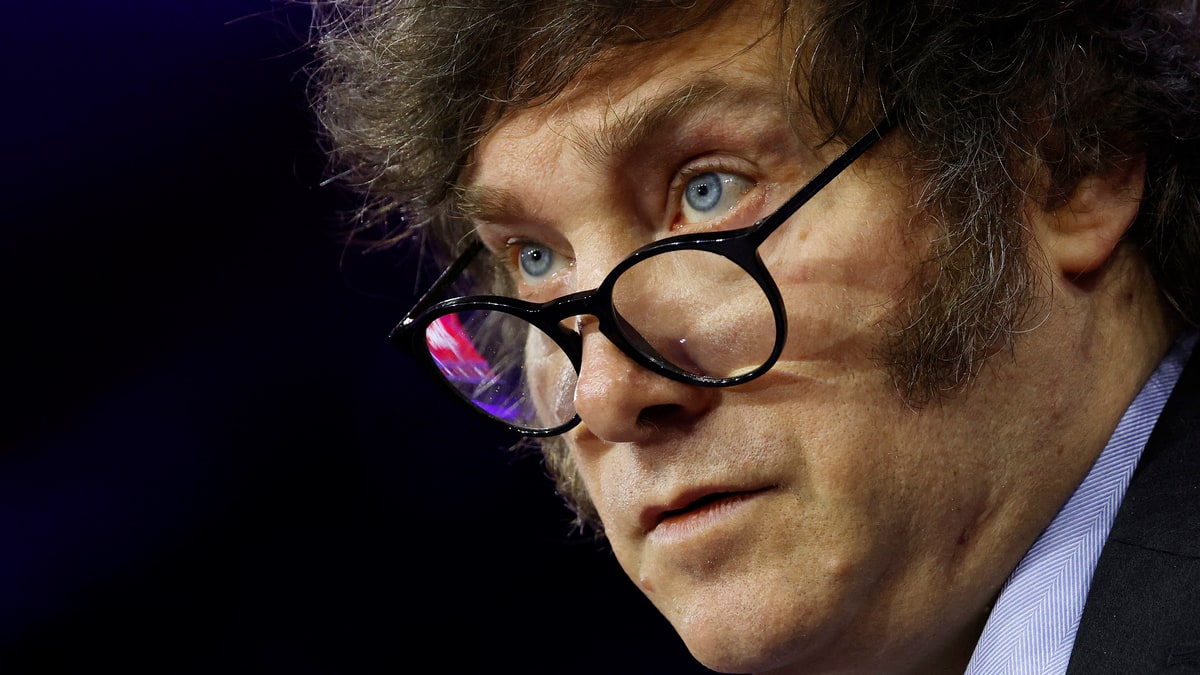
The Argentine government, led by liberal President Javier Miley, launched a crusade against the inclusive language, banning its use in the military, where it did not serve as directives, and announcing its intention to also ban it in the national administration.
• Read also: Thousands of people demonstrated to warn of a food emergency in Argentina
“With the decision of the president, steps will begin to ban inclusive language and gender perspectives throughout the national public administration,” presidential spokesman Manuel Adorni said on Tuesday.
He continued: “It will not be possible to use the letter e, @, x (used in Spanish to avoid indicating gender, editor’s note) and the unnecessary use of the feminine will be avoided in all documents” of the Public Administration.
“The language that covers all sectors is Castilian and Spanish,” he insisted, adding that the government “will not enter into a debate on this matter, because we consider that the views of gender issues have also been used as political stock in trade.”
The use of inclusive language in administration was discretionary under the previous Peronist (centre-left) government, but many entities and institutions published “recommendations” or “usage guides.”
The presidential spokesman spoke the day after the Ministry of Defense announced a ban, under penalty, on the use of blanket language “within the framework of the Ministry of Defense, the Armed Forces and the decentralized bodies of the Ministry.”
The ministry justified that “the goal is to eliminate incorrect forms of language, which can generate a wrong interpretation of what is desired, which affects the implementation of orders and the conduct of military operations.”
Inclusive language and the feminization of ranks have not previously been the subject of explicit guidance in the military, but a 2020 ministerial document committed to “supporting the cultural changes in gender relations (…) that have been formulated over the years of women’s (military) involvement.”
The same document also called for “distinguishing good practices” and contexts, not “imposing” a doctrine, noting that “young female officers, in their desire to integrate, generally do not agree to feminized ranks and positions.”
“Libertarian” and “anarcho-capitalist,” as he describes himself, has never hidden his opposition to inclusive language, which he has accused in the past, along with “gender ideology,” of “undermining values.” From society.”
If he says he recognizes any freedom to use this language, he believes that when it is disseminated or imposed in a state context, it amounts to “indoctrination,” which is an element of “cultural Marxism” for him.






